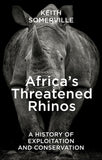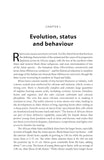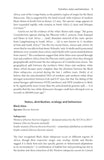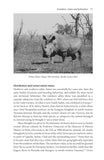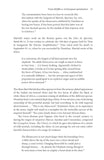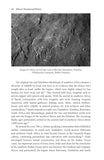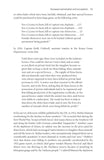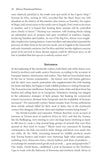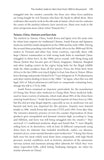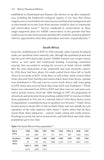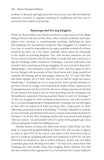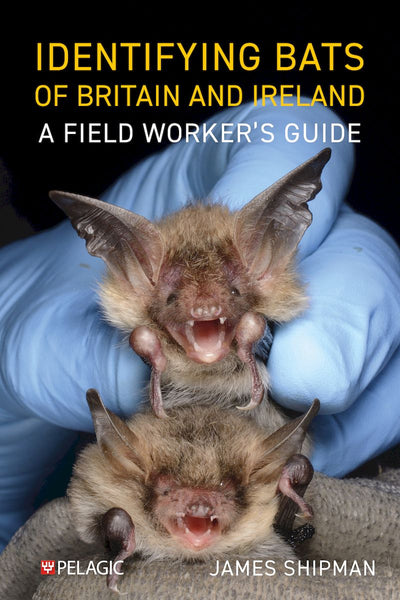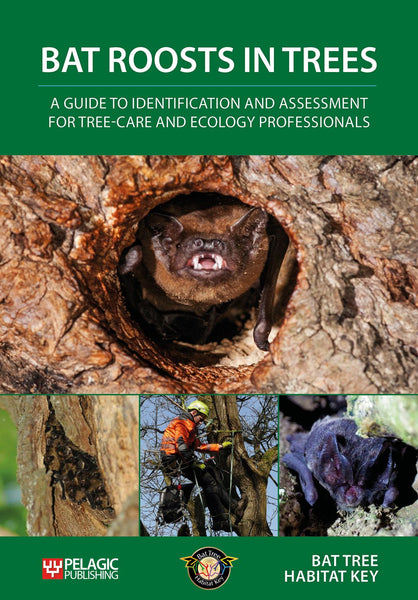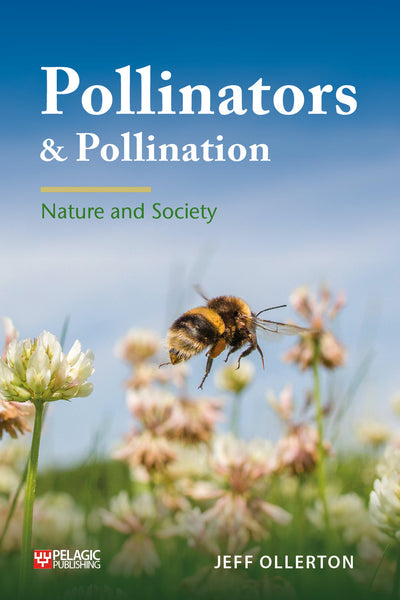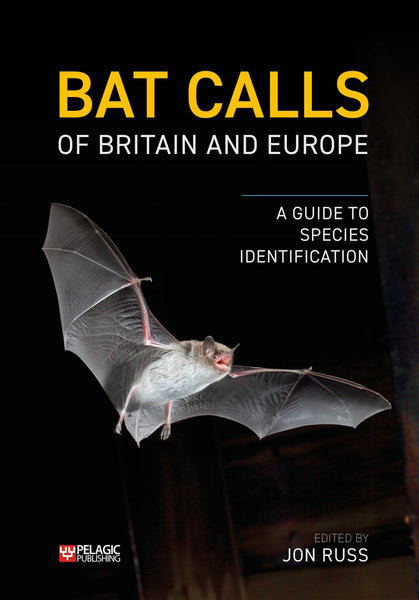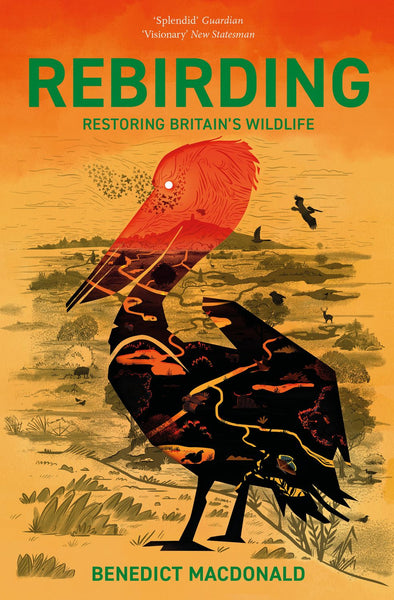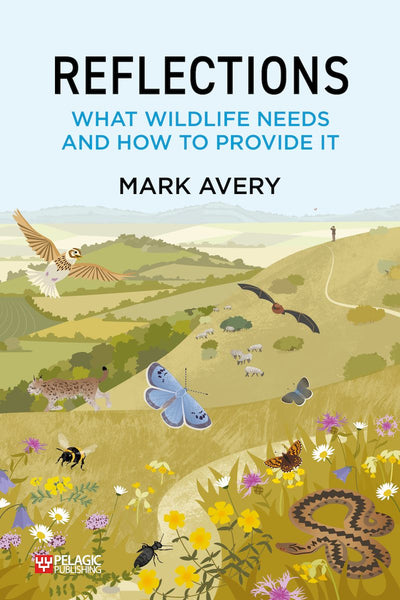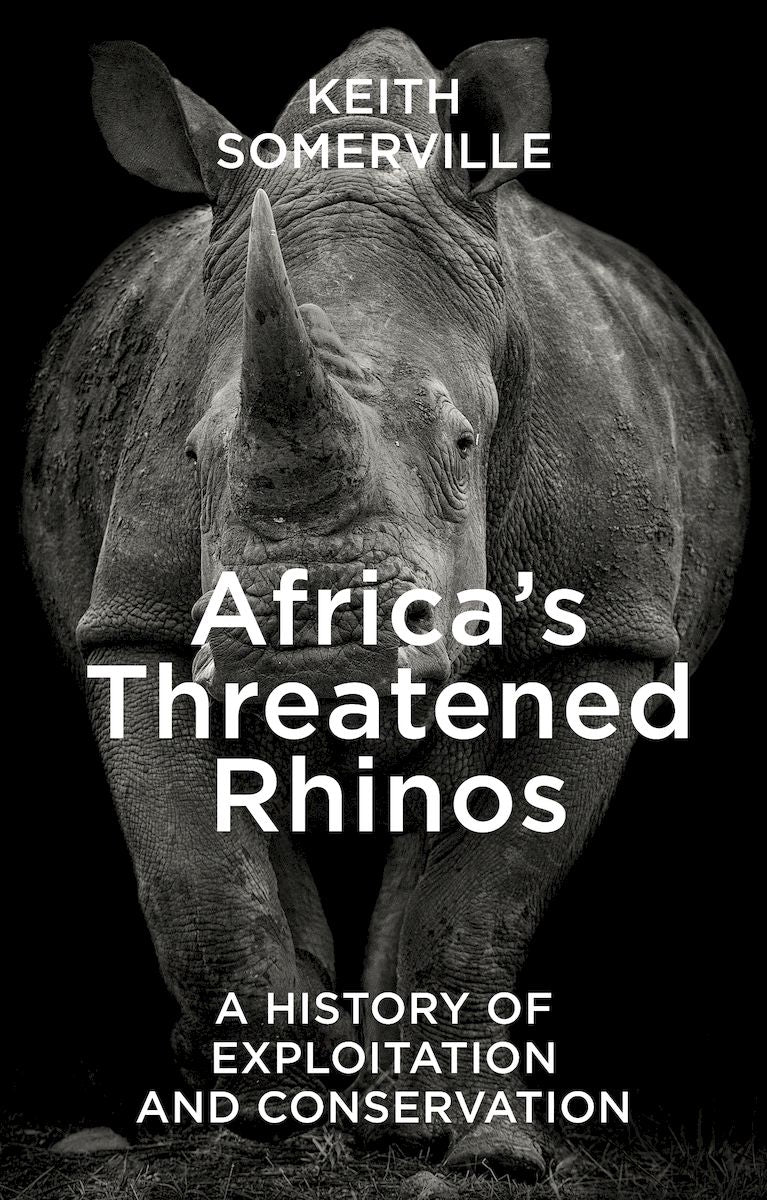
Africa's Threatened Rhinos
A History of Exploitation and Conservation
- The first history of 3,000 years of human exploitation of rhinos.
- Investigates the history, politics, economics and cultural aspects of human conflict and coexistence with rhinos.
- Explores what can be done to stop the extinction of Africa’s black and white rhinos.
- ...a sweeping and fascinating history...
—Ed Stoddard, Daily Maverick
- conservation
- East Africa
- rhinoceros
- southern Africa
Description
Africa’s surviving rhinos are seriously threatened. Poaching for their horns, massive extermination by ‘sports’ hunters in the nineteenth and first half of the twentieth century and progressive habitat loss have all driven black and white rhino close to the edge. This book considers human interactions with these magnificent and enigmatic animals – charting hunting for food and hides, and then hunting for horn to meet external demand for this much-coveted commodity, as well as peaceful coexistence, over the course of three millennia.
With only two females alive in a closely protected reserve in Kenya, the Northern White Rhino is on the brink of extinction. The Southern White Rhino was increasing in numbers, but poaching in South Africa, Botswana and Namibia has reduced the population to fewer than 20,000, while Black Rhino hovering around the 6,000–6,500 mark, also with the danger of extirpation everywhere but in parts of eastern and southern Africa.
Many books have been written on poaching and the decline of the rhino, often from a very personal, engaged viewpoint. This volume takes the reader into important new territory, showing how human agency has led to the situation we now face. Covering the history of commercial and sporting exploitation of rhino, it brings the picture up to date with an overview of contemporary conservation and anti-poaching operations. This urgent book is a significant contribution to our understanding of wildlife on the African continent.
DOI:10.53061/TCFB1570
Table of Contents
Introduction
1. Evolution, status and behaviour
2. From 20,000 bce to European penetration
3. European penetration and occupation
4. Rhino populations decimated by the arrival of Europeans and firearms in southern Africa
5. The modern trade in rhino horn from 1960 to the present, legal and illegal
6. From independence to 2005
7. Southern Africa, 1960–2005: armed conflict, crime and conservation
8. East and Central Africa, 2006–24
9. Southern Africa’s poaching storm
10. What next?
Notes
Abbreviations
Index
Reviews
- Powerful.
—Steve Donoghue, Open Letters Review - Africa’s Threatened Rhinos is a sweeping and fascinating history of the continent’s rhinos and a clarion call for a rethink of failed wildlife trade policies.
—Ed Stoddard, Daily Maverick - ...this is a tour de force, a book of solid, well-researched conservation history, by a man who has read the literature, been in the field, and spoke to the right people. Anyone wanting all the facts on humanity’s exploitative relationship with these two magnificent African animals, and their descent towards extinction, will not find a better documentation and assimilation of the information than in here.
—Stephen Spawls, Journal of East African Natural History
About the Author
Professor Keith Somerville was a writer and researcher on human–wildlife coexistence and conflict, notably in Africa. A former BBC World Service journalist, he taught at the University of Kent, was a member of the Durrell Institute of Conservation and Ecology, a Fellow of the Zoological Society of London and a Senior Research Fellow at the Institute of Commonwealth Studies, University of London. In 2016 he was awarded the Marjan-Marsh Award by the Marjan Centre for the Study of War and the Non-Human Sphere and the Marsh Trust. This award, for his book Ivory: Power and Poaching in Africa, is given annually to someone who has made an invaluable contribution to an area where conflict and conservation intersect.
Bibliographic Information
 352 pages
352 pages - BISAC SCI070030, NAT011000, HIS001000, NAT046000
- BIC PSVW7, RNKH, HBJH, RNKH1, 1HFGK, 1HFM, 1HFMB, 1HFMS






